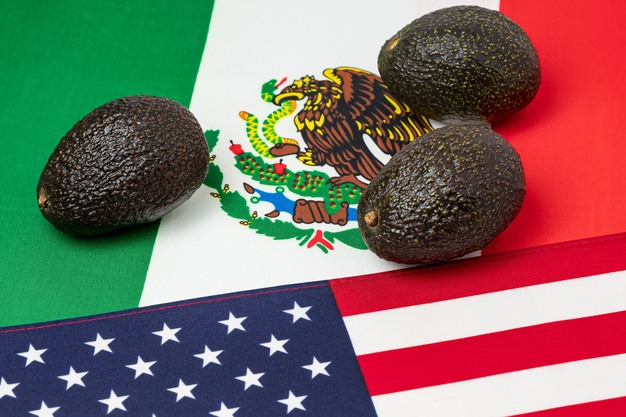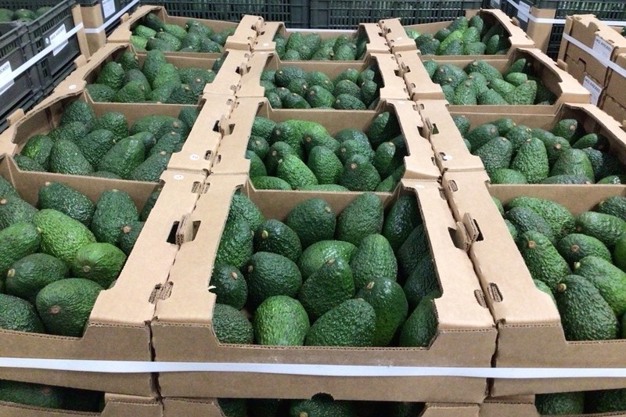On January 20, Donald Trump will begin his second term as President of the United States. Ahead of this, the outspoken future president has already issued numerous promises and warnings. One such warning is his intention to impose a 25% import tariff on products from Mexico and Canada. This measure would remain in place until both countries take action against fentanyl trafficking and reduce the flow of asylum seekers to the US. These proposed rulings have sparked significant controversy, though Mexican exporters are exercising caution for now. "It's a very delicate issue, so people don't want to speculate too much about it. Neither do I, but I do think it is a great opportunity for Mexico to start looking at other markets," says Rodolfo Meza of Aztec Fruits, a Mexican exporter group with a sales office in Leuven.

Aztec Fruits primarily focuses on exporting Mexican fruit to the European market. "So perhaps this is the right time for more Mexican producers to reduce their reliance on the United States and spread their risks by exploring other markets. Of course, the United States is Mexico's direct neighbor and therefore its most important trading partner, but Mexican fruit and vegetables still have a limited presence in Europe. For several years now, we've had a great direct shipping route from Mexico to Antwerp, which is underutilized. Additionally, if exporting to the US becomes more expensive for Mexican products, we can start competing in Europe for the same products, which are often sourced from South American countries."
"We need to think long-term," Rodolfo continued. "Of course, nothing has been decided yet. We all know that Trump sometimes makes declarations that he can't or won't follow through on. Still, Mexico may need to take matters into its own hands. In the future, Europe, despite the longer transit times, could be a better market for Mexican avocados, mangoes, and other products than the US. This could be a good time for us to prioritize ourselves, and I believe many Mexican producers are starting to think along these lines."

Import duty will hit US consumers
However, it remains uncertain whether the proposed import tax will even be implemented. For starters, the proposal would violate the United States-Mexico-Canada Agreement (USMCA). Furthermore, Canada and Mexico, which heavily rely on trade with the US, would likely retaliate with countermeasures. Trump previously threatened similar tariffs in 2019 but ultimately abandoned the idea. "I also think the US would be shooting itself in the foot if this happens. I read recently that around 80% of the avocados the US imports come from Mexico. American consumers won't stop eating avocados. It's such a firmly established part of their diet that it's not going anywhere."
"With the import duty, avocados would either become more expensive because Mexican producers certainly won't lower their prices, or the US will have to source avocados from other countries like Colombia or Peru. But that's easier said than done—those countries already have established markets and would likely demand higher prices if the US suddenly turns to them. Ultimately, such a tax would primarily impact American consumers, and the same holds true for many other fruits and vegetables that the US depends on Mexico for. In the end, we'll just have to wait and see. The US and Mexico share a symbiotic relationship, and measures like these would hurt both sides. I doubt anyone wants that. Still, this situation could serve as a wake-up call for Mexican producers to consider the European market. Who knows? At least the logistical red carpet to Europe is already rolled out."
For more information:
Rodolfo Meza
Aztec Fruits![]()
Tel: +32 456 18 4982
[email protected]
www.aztecfruits.com
